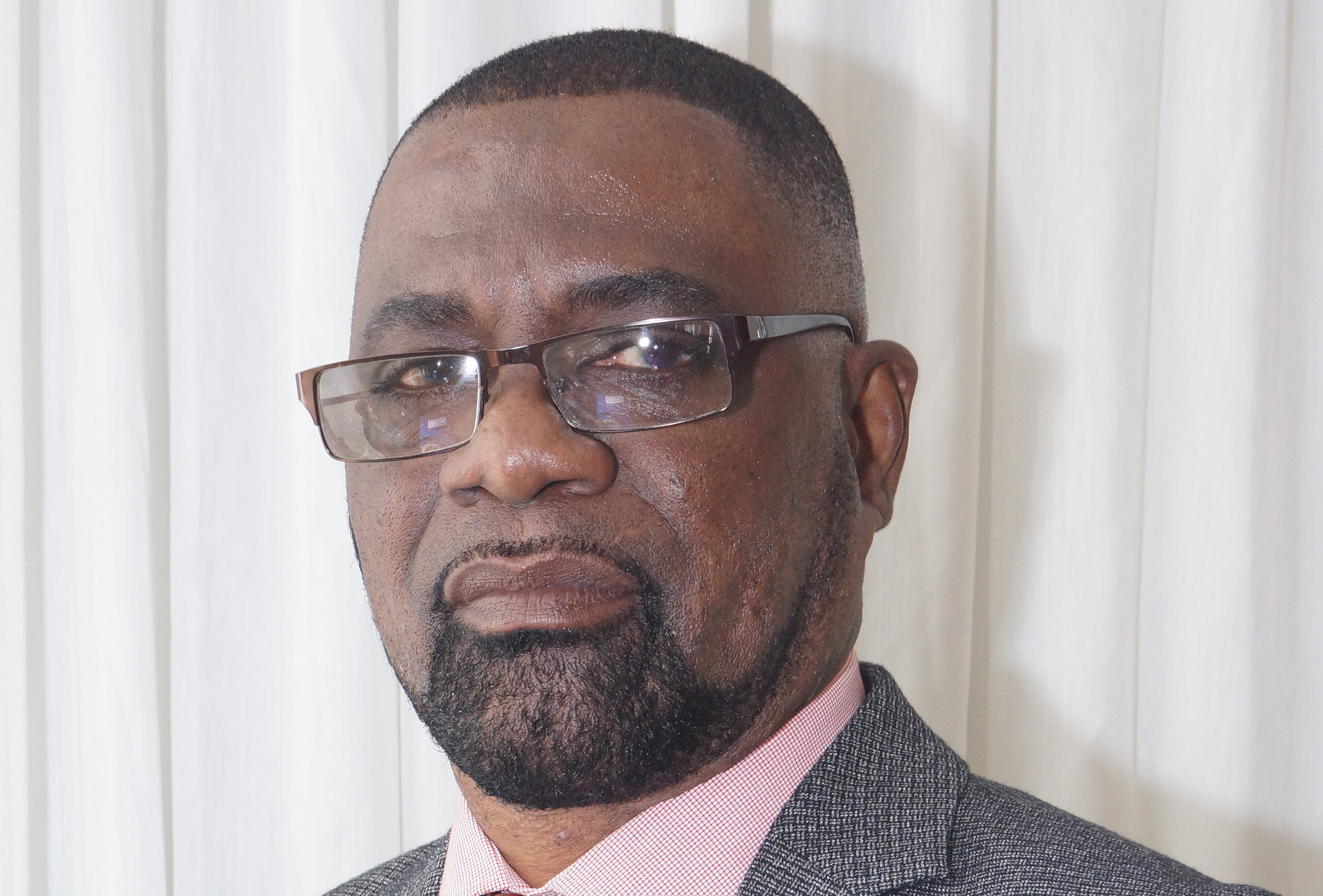
Director’s Message – October 2018
I wish to share my sincere gratitude to the USAID-funded Abt Associates Health Finance and Governance (HFG) Project, which ended after six years of technical support to the Eastern and Southern Caribbean and PANCAP. HFG’s support was aimed at advancing national and regional efforts to sustain the response to HIV.
The project added value to the beneficiary countries and PANCAP. Countries were supported to conduct National Health Accounts given that health-spending data is critical for informing health-financing mechanisms as countries aim for universal health coverage, and for sustainable national responses to HIV. Countries were provided with tools for sustainability planning and ministries of health and finance were brought together to plan for domestic resource mobilization and social contracting.
HFG, in collaboration with PEPFAR and UNAIDS, supported countries to develop HIV investment cases and contributed to reframing the dialogue on sustainability and financing to one of country ownership and domestic investment in HIV.
HGF must be lauded for its technical support that enabled PANCAP to develop its first Resource Mobilization Strategy, an essential tool for mobilizing both financial, human and other resources for the implementation of the Caribbean Regional Strategic Framework on HIV and AIDS and sustainability of the PANCAP Coordinating Unit.
We wish Abt Associates every success in the future and look forward to future collaborations.
With funding from the 10th European Development Fund, PANCAP convened a Parliamentarians Consultation in Paramaribo, Suriname. In delivering the keynote address, Speaker of the National Assembly, Dr. Jennifer Geerling-Simmon, declared that the consultation added value and quality to the work of parliamentarians. She underscored the role of human rights in ensuring access to treatment, care, and support for people living with HIV and key populations.
The Speaker acknowledged the legislative, representational and oversight roles of parliamentarians in ending AIDS and in achieving the Sustainable Development Goals (SDGs), particularly 3, 5 and 16.
Parliamentarians reviewed the recommendations of the Legal Environment Assessment and the National Health Accounts and agreed on key short-term actions for addressing them.
Parliamentarians agreed to use the CARICOM Model Anti-Discrimination Legislation to harmonize various pieces of legislation including redress; evaluate the existing Health Care Act with the aim of providing affordable health care to everyone; advocate for the utilization of the Employment Act to address breach of confidentiality; advocate for greater involvement of NGOs in the human rights response; and advocating for attention to persons with disabilities.
In relation to the National Health Accounts, parliamentarians agreed to provide the oversight required for allocating more funding to prevention; improving efficiencies by consolidating and streamlining financial schemes; and increasing domestic mobilization and the share of health spending for HIV.
I am encouraged by the concrete actions that parliamentarians have agreed to take to advance Justice for All in Suriname as well as by their commitment to meet again with the PANCAP Team during the first quarter of 2019 to report on progress.
We now look forward to our consultation with parliamentarians in Belize during the latter part of November 2018.
WHAT IS PANCAP?
PANCAP is a Caribbean regional partnership of governments, regional civil society organisations, regional institutions and organisations, bilateral and multilateral agencies and contributing donor partners established on 14 February 2001. PANCAP provides a structured and unified approach to the Caribbean’s response to the HIV epidemic, and coordinates the response through the Caribbean Regional Strategic Framework on HIV and AIDS to maximise efficient use of resources and increase impact, mobilise resources and build the capacity of partners.
What are the Global AIDS Strategy 2021–2026 targets and commitments?
If targets and commitments in the strategy are achieved:
- The number of people who newly acquire HIV will decrease from 1.7 million in 2019 to less than 370 000 by 2025
- The number of people dying from AIDS-related illnesses will decrease from 690 000 in 2019 to less than 250 000 in 2025.
- The goal of eliminating new HIV infections among children will see the number of new HIV infections drop from 150,000 in 2019 to less than 22,000 in 2025.
What are the 95-95-95 Targets for ending AIDS?
- 95% of People Living with HIV know their HIV status;
- 95% of people who know their status on treatment; and
- 95% of people on treatment with suppressed viral loads.
HELPFUL LINKS:
Global AIDS Strategy 2021–2026, End Inequalities, End AIDS
https://pancap.org/pancap-documents/global-aids-strategy-2021-2026-end-inequalities-end-aids/
Caribbean Regional Strategic Framework on HIV and AIDS (CRSF) 2019-2025
https://pancap.org/pancap-documents/caribbean-regional-strategic-framework-2019-2025/
